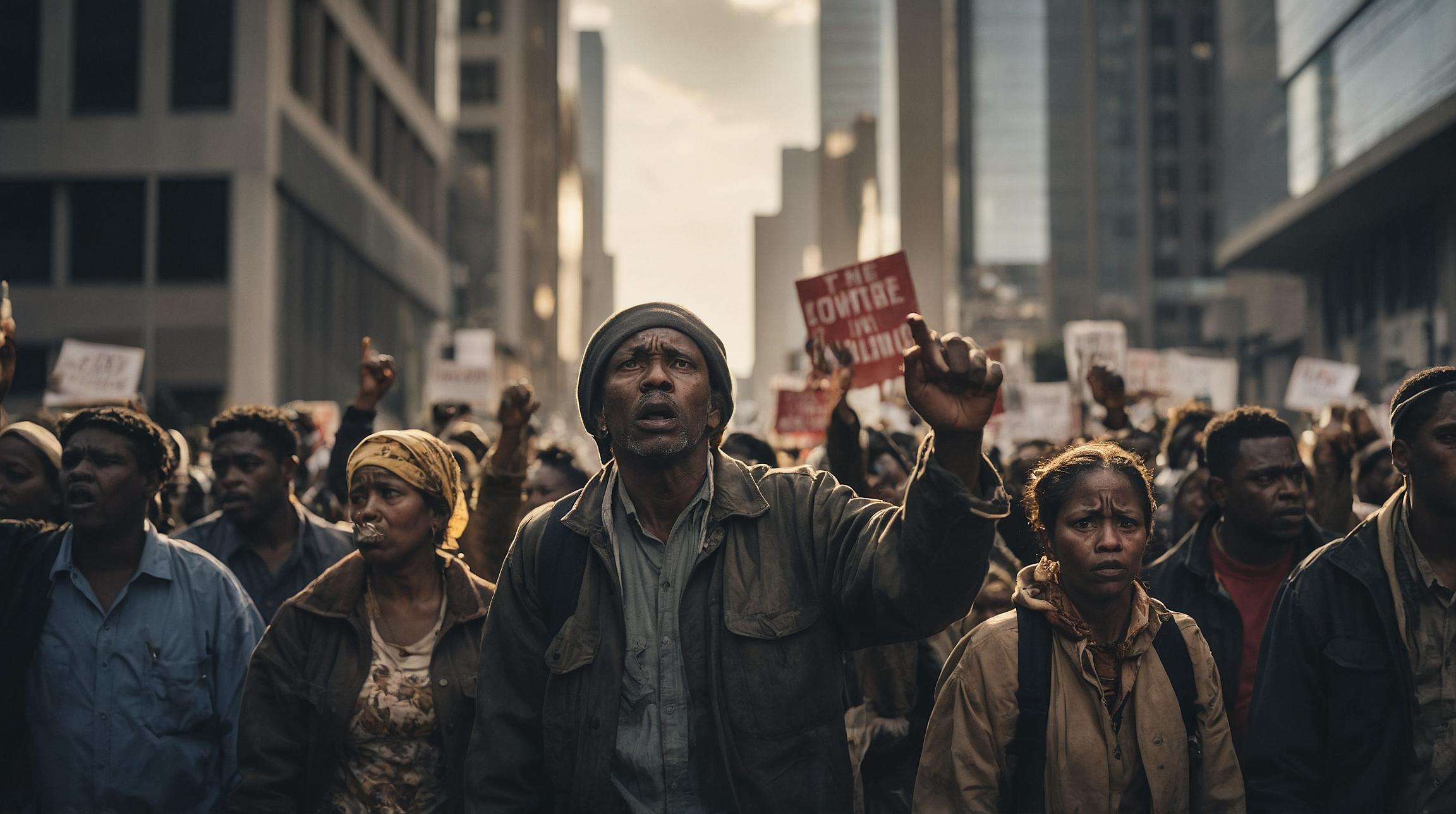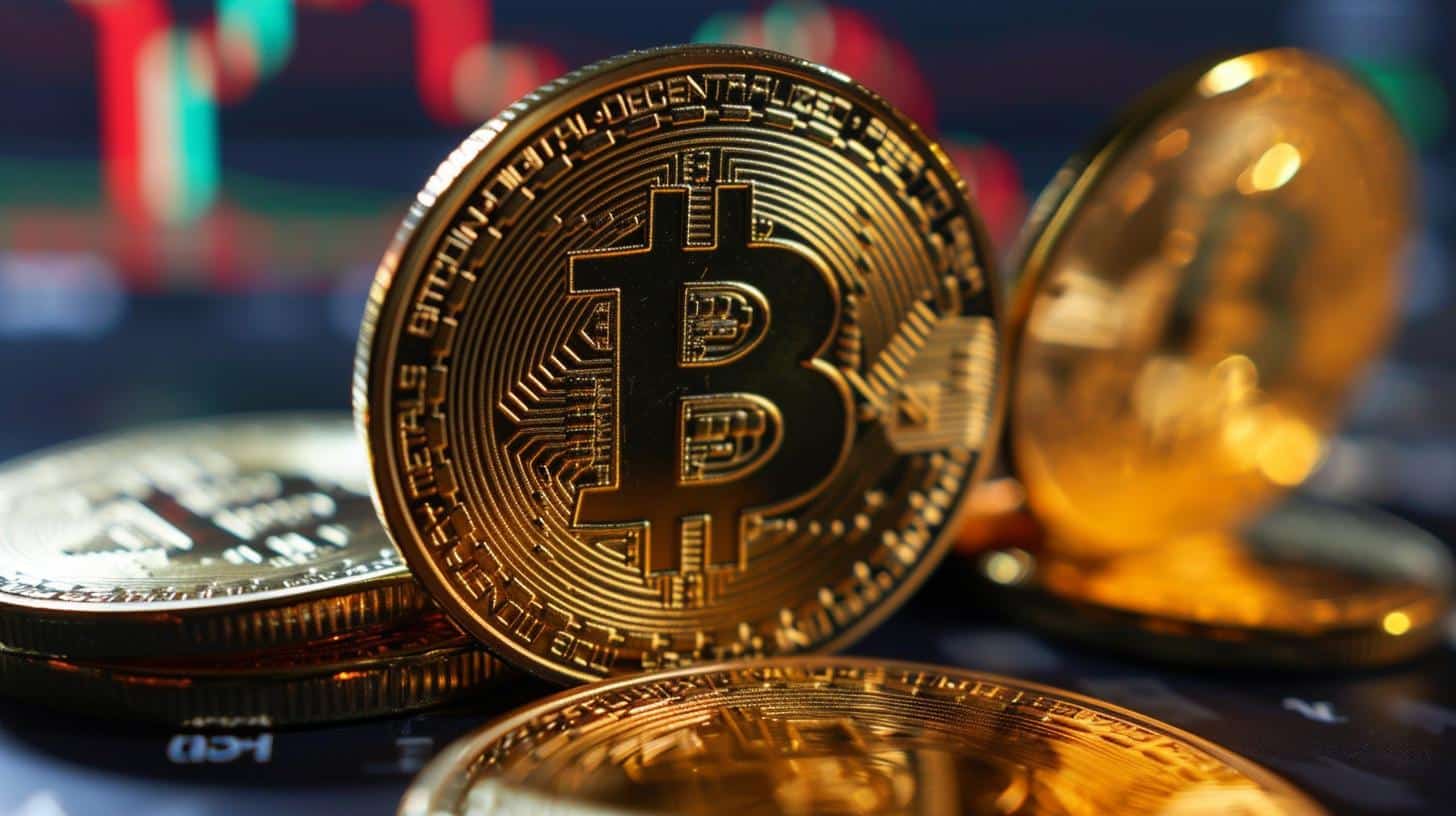Understanding Economic Inequality and Social Unrest
Economic inequality is the uneven distribution of wealth and income within a population. When a small percentage of people hold most of the wealth, it can lead to dissatisfaction and unrest among the larger population who feel economically marginalized. For instance, if a few families in a neighborhood own luxurious homes and cars while others struggle to meet basic needs, this gap can create tension and discontent.
Factors Contributing to Financial Instability
Financial instability refers to a situation where the financial system, including institutions, markets, and infrastructure, is vulnerable to economic shocks. Factors like high levels of debt, volatile markets, and poor regulatory frameworks can contribute to this instability. For example, during the 2008 financial crisis, the collapse of major financial institutions led to a severe economic downturn, affecting millions globally.
Potential Risks Highlighted by Finance Experts
Finance veterans warn that the combination of growing economic inequality and financial instability could lead to social unrest. As economic pressures mount, people may protest against perceived injustices in wealth distribution and financial systems. An example of this is the "Occupy Wall Street" movement, where citizens protested against the influence of corporate money in politics and the growing income gap.
The Role of Economic Trends
Economic trends such as inflation, unemployment, and wage stagnation can exacerbate feelings of inequality. When prices rise faster than wages, purchasing power decreases, leading to frustration and potential unrest. Similarly, high unemployment can create a sense of economic exclusion, further fueling dissatisfaction.
Financial Planning as a Tool for Stability
Financial planning is crucial for mitigating the risks of social unrest. By promoting financial education and responsible investment strategies, individuals can better manage their resources and plan for the future. Governments can also play a role by implementing policies that address economic disparities and support financial stability.
For example, investing in education and healthcare can improve economic mobility and reduce inequality, while creating jobs in sustainable industries can provide stability and growth opportunities.
Conclusion
Understanding the links between economic inequality, financial instability, and social unrest is essential for developing strategies to prevent potential crises. By addressing these issues proactively, society can work towards a more equitable and stable future.













